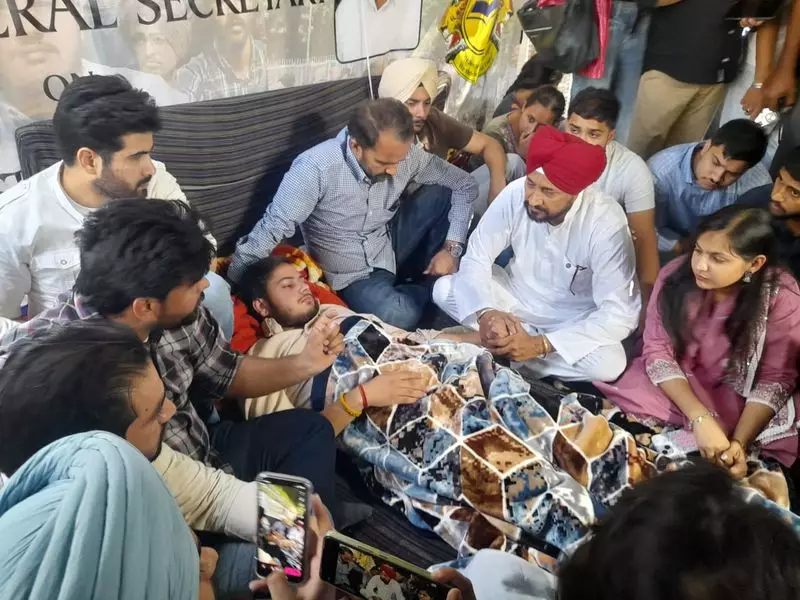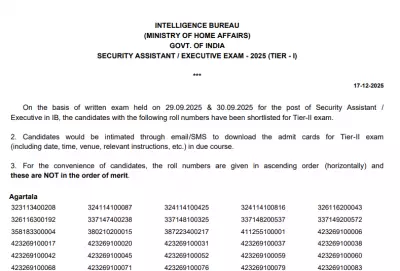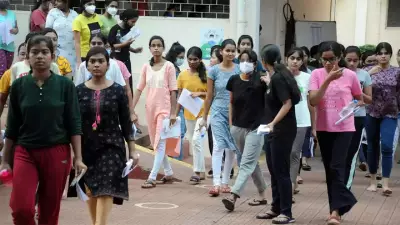
In a startling revelation that has sent shockwaves through academic and political circles, former Punjab Chief Minister Charanjit Singh Channi has leveled serious allegations against the BJP and RSS, accusing them of orchestrating a systematic campaign to dismantle the prestigious Panjab University.
The Core Allegations
During an emotionally charged press conference in Chandigarh, Channi painted a grim picture of what he described as a "calculated assault" on one of Punjab's most revered educational institutions. The former CM asserted that the BJP-RSS combine is actively working to strip the university of its autonomy and distinctive Punjabi character.
"They want to finish Panjab University systematically," Channi declared, his voice resonating with concern. "This isn't just about education—it's an attack on our cultural identity, our history, and our right to preserve Punjabi ethos in higher education."
Historical Context and Political Tensions
The timing of these allegations is particularly significant, coming amid ongoing tensions between the ruling AAP government in Punjab and the central government. Panjab University, with its rich legacy dating back to 1882 in Lahore, has long been a symbol of Punjabi academic excellence and cultural preservation.
Channi didn't mince words when explaining the perceived motivation behind this alleged campaign. He suggested that the move is part of a broader pattern to dilute regional identities and centralize educational control.
Broader Implications for Punjab
The former chief minister connected these educational concerns to larger political dynamics, emphasizing that the alleged targeting of Panjab University represents a microcosm of the challenges facing Punjab's distinct identity.
"When they talk about 'one nation, one education policy,' we must ask—at what cost to our regional languages, our cultural specificities, and our autonomous institutions?" Channi questioned during his interaction with journalists.
Mounting Concerns in Academic Circles
Channi's allegations have found resonance among several academicians and political observers who have been monitoring what they describe as "increasing central interference" in state educational matters. The controversy has sparked debates about:
- The preservation of regional language and culture in higher education
- The autonomy of state universities versus central government influence
- The political dimensions of educational policy-making
- The future of Punjabi identity in academic institutions
As the story develops, all eyes remain on how the concerned political parties will respond to these serious charges and what impact this controversy might have on Panjab University's future trajectory.





